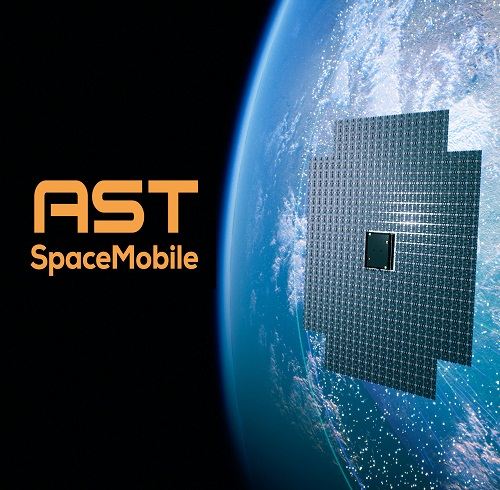AST SpaceMobile received an experimental license from the Federal Communications Commission (FCC) allowing for U.S.-based testing of the BlueWalker 3 satellite, the Texas-based company announced.
AST SpaceMobile’s market access licenses so far cover Nigeria and five other countries in Africa and Asia
“The license covers BlueWalker 3 space-to-ground testing in the United States using 3GPP low-band cellular frequencies and Q/V-band frequencies, subject to certain restrictions,” AST SpaceMobile said in a statement.
The announcement comes ahead of the expected summer 2022 launch of BlueWalker 3, which is meant to demonstrate the feasibility of the company’s planned constellation of BlueBird satellites.
The goal of the test service is to connect BlueWalker-3 directly with unmodified 2G, 4G and 5G phones from hundreds of miles away, according to SpaceNews.
The first satellite, BlueWalker-1, launched in 2019 for 4G validation.
AST SpaceMobile plans to launch its test satellite aboard a SpaceX Falcon 9 rocket, pictured here launching a batch of Starlink satellites.
“In addition to FCC approval for operating satellite spectrum, the company needs permission from the regulator’s Wireless Telecommunications Bureau to use frequencies traditionally used by terrestrial mobile network operators,” SpaceNews said in the report.
BlueWalker-3 will go to space as part of a multi-launch agreement announced in March with SpaceX, which has a competing satellite service for rural broadband areas known as Starlink. The SpaceX agreement also includes “the launch of the first BlueBird satellite and … a framework for future launches,” AST SpaceMobile said at the time.
AST SpaceMobile’s market access licenses so far cover Nigeria and five other countries in Africa and Asia, the company told SpaceNews, although it is working in the U.S. and other jurisdictions to secure regulatory approval. For example, the company inked a deal with the Philippines’ Globe Telecom on April 28.
The company had aimed to provide commercial service by 2023, but newer projections now say 2024 following satellite manufacturing and launch delays, according to SpaceNews.
Source: Commweek










